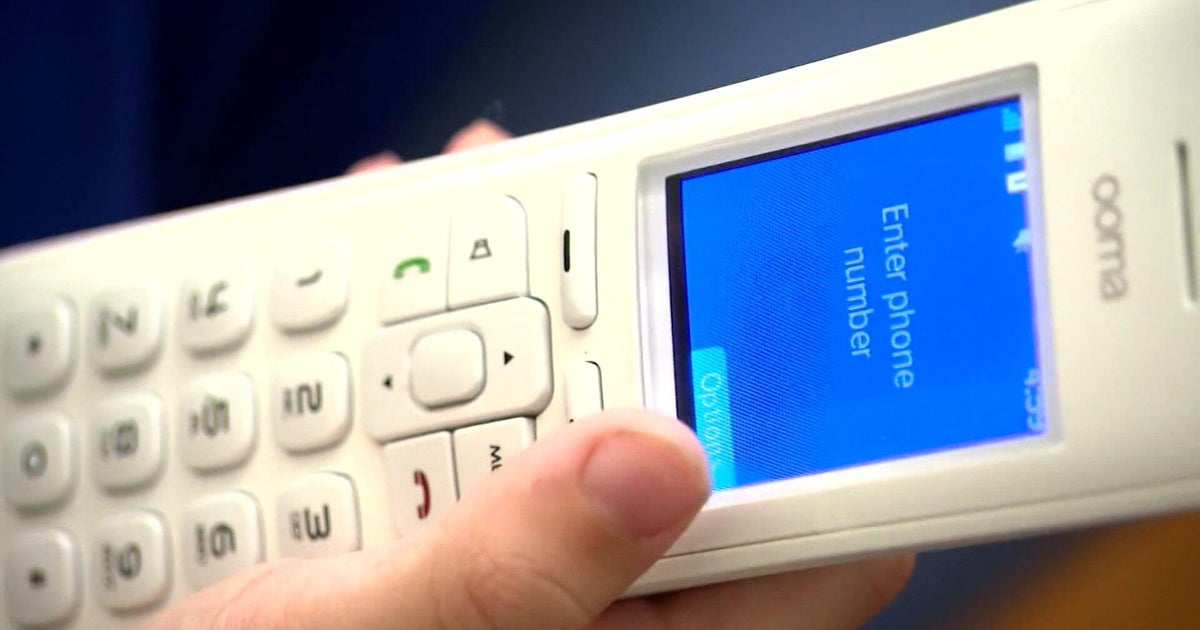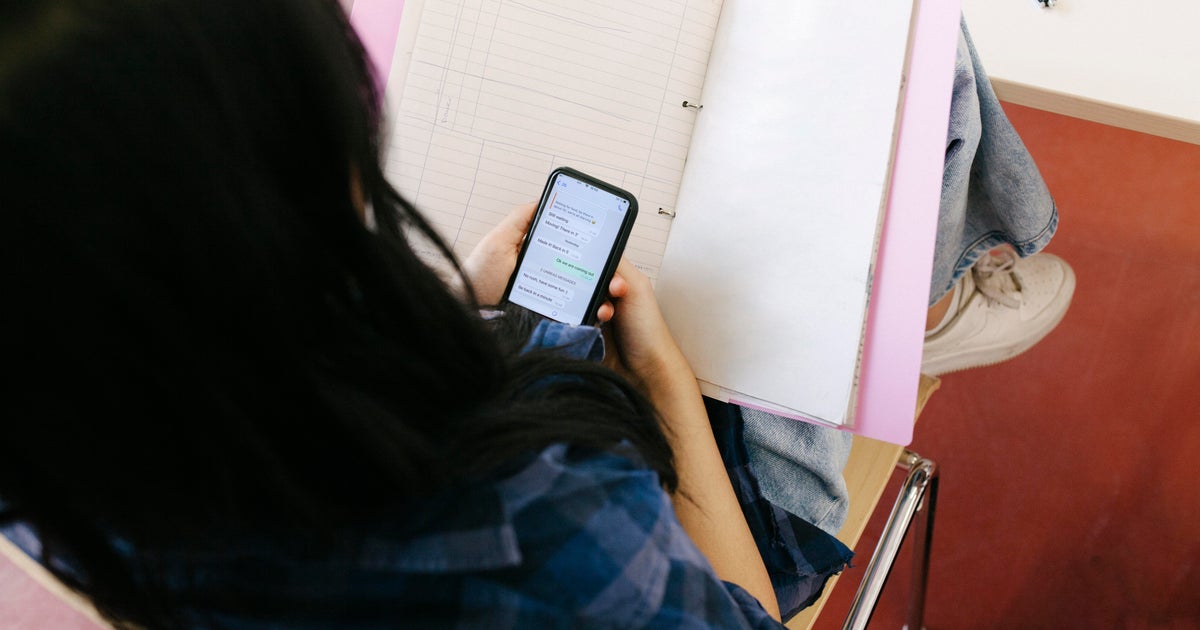Phone-Free February has people limiting their screen time. What are the benefits?
MINNEAPOLIS — You've likely heard of Dry January but what about Phone-Free February? It's a lesser-known challenge aimed to curb how much time we spend on our phones.
It's no secret that many of us are glued to our phones. After all, 98% of Americans own one.
"Lots of kids report being on their phones almost constantly and the same is true for many parents and adults that we rely on," Jodi Dworkin said.
Dworkin studies families and technology use. Emerging research shows a possible link between screen time, obesity, mental health issues and sleep problems.
Screen time could even affect our brains. The Minneapolis Clinic of Neurology says excessive screen time can have both short-term and long-term effects, from impairing cognitive abilities like focus and memory to affecting emotional well-being, particularly in young people.
"You know, there's no break from that sort of those social pressures and those social relationships that can be really challenging for young people," Dworkin said.
Some ways to limit screen time include keeping phones out of the bedroom, implementing screen-free breaks and practicing mindfulness when with others.
"Out of sight, out of mind is a great strategy, so that it's not just sitting there and you're kind of giving it the side eye, knowing it's there, maybe seeing it vibrate," Dworkin said.
You can also try to make your phone less appealing by going into your setting and changing the colors to greyscale — not as nice on the eyes.
"Any opportunity to stop and reflect on how it's going and what you can do differently seems like a great opportunity," Dworkin said.
Dworkin's research found people still want to connect in person despite high rates of technology use.
Dworkin says when parents can model screen-free time, and make it part of the family routine, that helps children understand that time away from phones is important.







